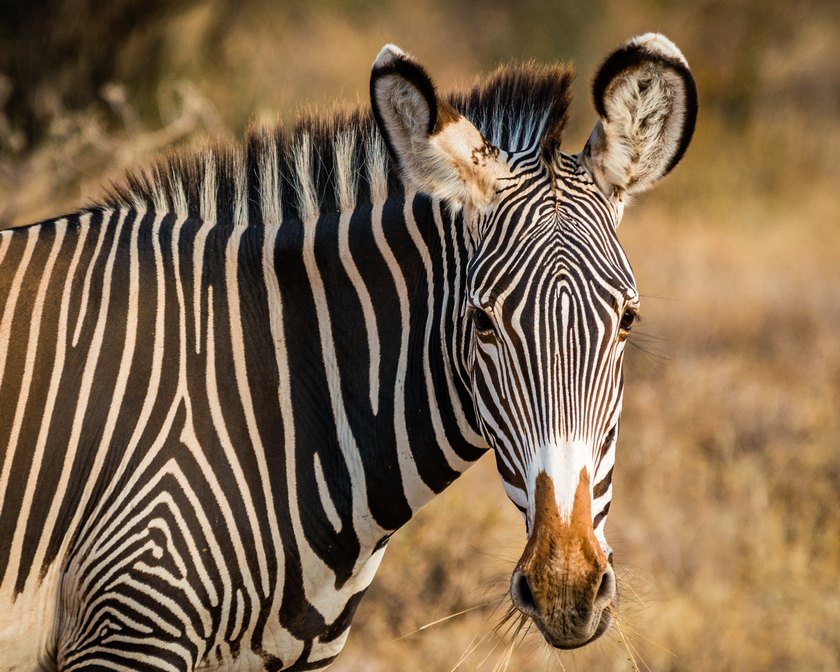Most of us vegans are animal lovers by nature (with the exception of people who purely do it because it's healthier than not being vegan). And when it comes to dream travel experiences, most of us want to see animals in the wild, and many of us have grown up with fantasies of going on an African safari. But is it vegan to go on safari? And if it is, how can you make sure you get to eat vegan on your safari? We investigate.
Is It Vegan To Go On Safari In Kenya?
First things first, is it vegan to go on safari in Kenya - and really safari in general? The definition of veganism clearly states "Veganism: a way of living which seeks to exclude, as far as possible and practical, all forms of exploitation of, and cruelty to, animals for food, clothing, or any other purpose." Now as far as food and clothing go, vegans are safe on safari (but if you're worried check our below tips for eating vegan on safari). But what about the rest of the definition? Is safari exploiting or cruel to animals?
Now, there are actually safaris where people hunt the animals. This is a clear no. Definitely not vegan. Vegans do not hunt animals (unless we're in dire straits, think classic 'desert island with a pig scenario'). That's clear. But there are many safaris where animals are not hunted - are they exploited or cruel? On the one hand, we could argue that the safest way to not exploit or be cruel to animals is to just 100% leave them alone - stay out of their habitat and spaces. On the other hand, I think that considering that there are safaris out there where animals are hunted, it's important that the safaris where the animals aren't hunted are supported - because the less demand there is for animal hunting safaris, the less supply there will be.
Further, I think that unfortunately without the income from safaris, the spaces and national reserves that are currently given to animals might no longer be seen as profitable and these spaces, some of the last spaces on the planet that's mostly for animals, might be destroyed. Talking of national reserves, I think it's better to go on safaris in national reserves, like Samburu National Reserve Safari, than it is to go on safaris that aren't in national reserves. Why? Because national reserves tend to be more ethical.
Finally, I think safaris are a million times better than zoos and for many, seeing animals in the wild, like you can on Masai Africa Safaris, can be the stepping stone that people need to realise - animals are sentient, they deserve these habitats and their freedoms. And as long as you do it without disturbing the animals "as far as practical and possible" - for example opting for one of Kenya's flying safaris or driving safaris, as opposed to the infamous hot air balloons which disrupt the animals with their loud noises, then I think it's good.
Vegan Kenya Safari Tips
So you've decided to go on a vegan safari in Kenya, now for the food. Here are our two tips:
- ask before-hand: Many safaris in Kenya can be easily made vegan because there are a lot of accidentally vegan Kenyan foods - just make sure to ask before-hand so they have time to prepare for you and your ethical tum.
- take snacks: even after asking before-hand I'd still recommend taking your own snacks. Maybe you're like me and have 'dog in a manager syndrome' - you'll see the other members of the safari eating a savoury snack and you'll want a savoury snack too. So take one :) Maybe you see food as fuel and will want to really bulk up at lunch. You know your tum better than I do, take snacks for them :)
Wrap Up: How To Be Vegan On Safari In Kenya
Like being vegan in Kenya, it's relatively easy to be vegan on safari in Kenya - opt for a more vegan friendly safari (definitely not one that allows hunting), ask before-hand for them to prepare you a vegan lunch, and take your own snacks with you! By the way, there are also a couple of great safaris in South Africa in case you're interested.











